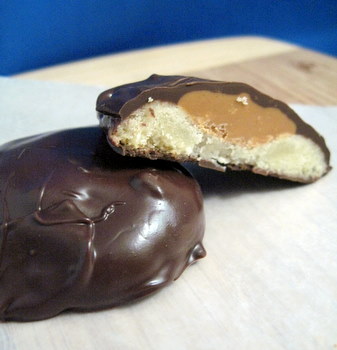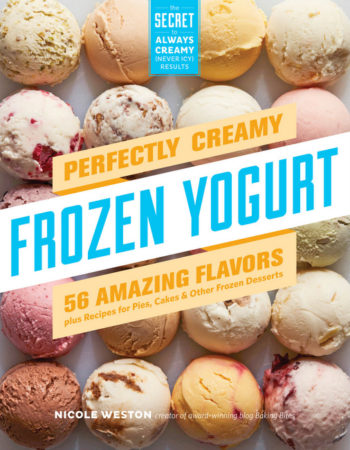There is no doubt that flavorings are crucial to good baking. Spices and extracts are probably two of the most important types of ingredients to have in the kitchen after the baking basics. Spices are straightforward, even if you buy the kind that you must grind yourself, but the category of extracts and oils stumps many home chefs.
An extract is a concentrated flavoring that adds a given flavor (vanilla, cinnamon, etc.) to food without adding bulk or volume to the recipe, so you can change the flavor as much as you like without changing the fundamental structure of the recipe. Some extracts are made through distillation, concentrating down a weaker solution. Others are made by adding a flavoring to alcohol. The alcohol extracts work well for baking because the alcohol reliably evaporates during cooking, leaving behind only the flavoring.
Oils, or essential oils, are much more concentrated than extracts are and are made by extracting the oils (yes, “essential oils”) from a nut, seed or plant. Lemon oil, for instance, is particularly common and is often used as a substitute for fresh lemon zest. In many cases, you will only need a few drops of a oil where you might have used a full teaspoon of an extract. It is made by squeezing and collecting the oil directly from the rind of a lemon. As long as you don’t go overboard on the oil, it can be substituted into many recipes for extract, but because it is an oil, there is the possibility that the will throw off the chemistry of a given recipe if whatever you are working with is very sensitive to the addition of any fat.





JEP
January 25, 2008I appreciate knowing the differences of the oil vs extract…especially the fat issue.
susan
April 22, 2009question-
if recipe calls for 10z of anise extract- how much anise oil would be needed. I would like to use anise oil for my cookies-
susan
April 22, 2009what is the conversion factor? If my recipe calls for 1 oz of anise extract- what would the anise oil conversion be?
Sue
July 16, 2010Flavor Extracts & Oils
http://www.foodsubs.com/Extracts.html
Dieter
June 11, 2011A note about the CITRUS oils, and I’ve been working with the Boyajian ones – Something odd when making truffles and adding the lemon or lime oils when using a chocolate + sweetened condensed milk – the fat solids SEPARATED COMPLETELY leaving a fat/oily mess and ruined chocolate. I think this is the acid in the oils reacting with the milk solids.
jann
December 3, 2011My recipe calls for 1 Tablespoon anise extract and I have anise oil. How much oil would I need?
RoseMarie
November 13, 2013What is the conversion for McCormicks 1 oz. anise extract and Pure anise extract which contains water, alcohol and oil of anise? I would like to use the Pure anise extract for my cookies. Thanks much
Nicole
November 15, 2013Jann – Anise oil is probably much more potent than anise extract – although anise extract itself is very strong, so I assume that you are making a large batch of something. You might need to cut the amount down by 30%.
Donna
January 2, 2014Jann if your recipe calls for 1tsp of anise extract use 1/4 tsp anise oil. I hope this helps you.